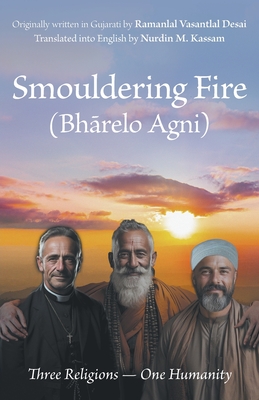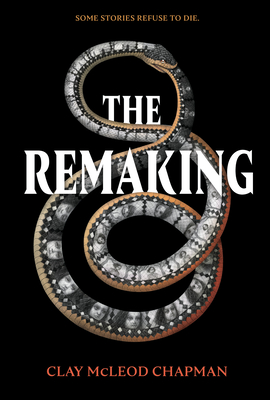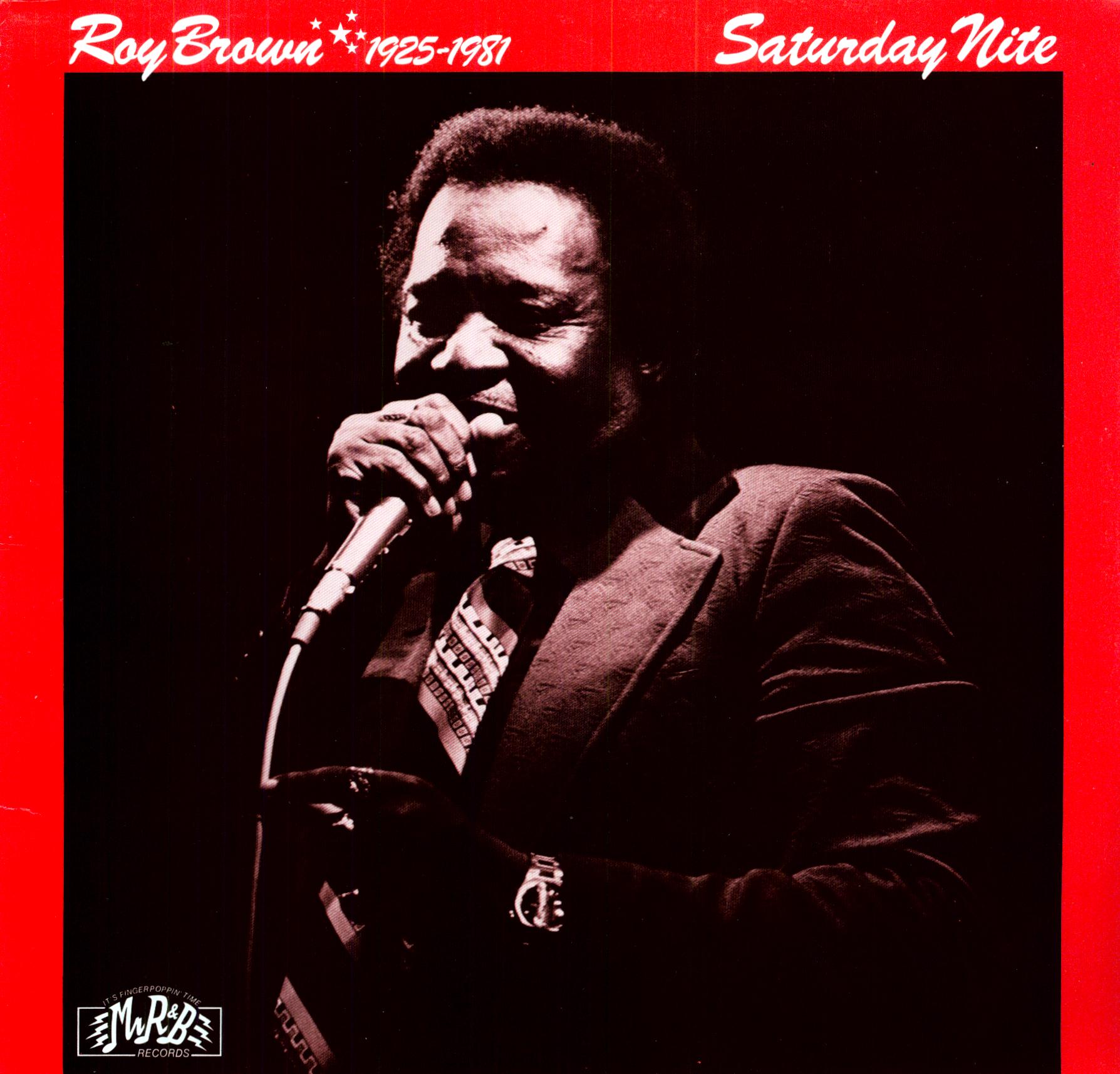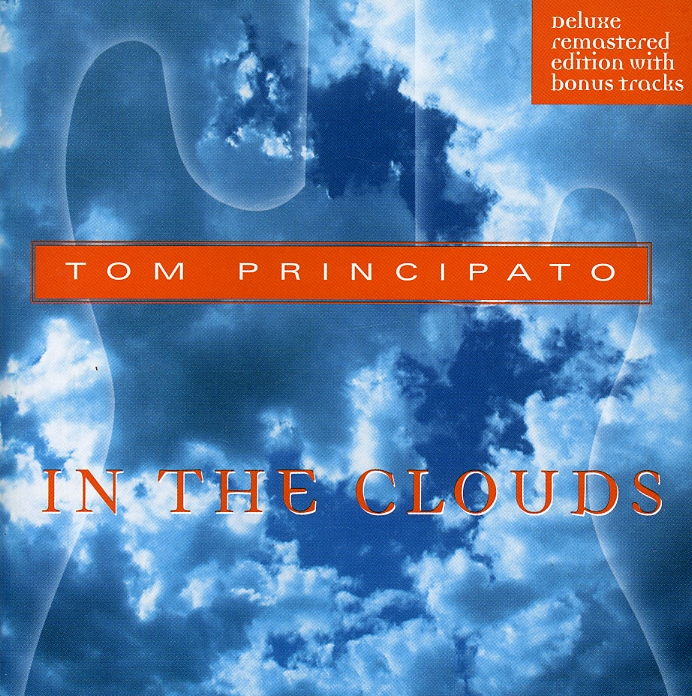
description
with a smile on his face, resolutely waiting to embrace death - facing the gun pointed at him and waiting for the count of twenty-five - is something I will never forget. I have never seen such indifference to death."
"Are you talking of Rudradutt?"
"Yes. How does he do that?"
"The Indian psyche is unfathomable. Their behaviour is incomprehensible. We will be able to rule them the day we understand them."
"I don't think we can rule over them. An unarmed man stood fearlessly before the entire troop. Wouldn't a few men like this render our armies ineffective?"
Smouldering Fire is historical fiction that revolves around an uprising in India in 1857, referred to by the British as the 'Indian mutiny' and by Indians as the beginning of the struggle for liberation. The narrative is woven around Rudradutt, a wise guru, who teaches Sanskrit to young men, while also inculcating spiritual tenets that can be incorporated into their daily lives. First among these tenets are non-violence, love for humankind, and a life of service. But to Rudradutt's young acolytes, his principles are beginning to seem increasingly incompatible with their desire for freedom from British rule.
The book is based on a historical event in which Indian soldiers were commanded by British officers to bite off bullet cartridges rumoured to have been lubricated in pig and cow lard, an insult to both Muslims and Hindus. It incorporates historical characters including Mangal Pandey, who was executed by the British for his role in the rebellion that ensued.
Set in a time when anti-white sentiment in India was rising along with a yearning for freedom from colonialism, Smouldering Fire raises eternal questions about the violence within our hearts. Written in beautiful, lyrical prose, its central themes are non-violence, peace, love, inclusivity, and justice, especially in the face of adversity-all still relevant to us, living in the midst of increasing strife, marginalization, violence, and competing claims to 'truth'.
Published in 1935 as Bhārelo Agni, the book was originally written in Gujarati, an Indo-Aryan language spoken in the Indian state of Gujarat and spoken by Gujarati people worldwide.
"Are you talking of Rudradutt?"
"Yes. How does he do that?"
"The Indian psyche is unfathomable. Their behaviour is incomprehensible. We will be able to rule them the day we understand them."
"I don't think we can rule over them. An unarmed man stood fearlessly before the entire troop. Wouldn't a few men like this render our armies ineffective?"
Smouldering Fire is historical fiction that revolves around an uprising in India in 1857, referred to by the British as the 'Indian mutiny' and by Indians as the beginning of the struggle for liberation. The narrative is woven around Rudradutt, a wise guru, who teaches Sanskrit to young men, while also inculcating spiritual tenets that can be incorporated into their daily lives. First among these tenets are non-violence, love for humankind, and a life of service. But to Rudradutt's young acolytes, his principles are beginning to seem increasingly incompatible with their desire for freedom from British rule.
The book is based on a historical event in which Indian soldiers were commanded by British officers to bite off bullet cartridges rumoured to have been lubricated in pig and cow lard, an insult to both Muslims and Hindus. It incorporates historical characters including Mangal Pandey, who was executed by the British for his role in the rebellion that ensued.
Set in a time when anti-white sentiment in India was rising along with a yearning for freedom from colonialism, Smouldering Fire raises eternal questions about the violence within our hearts. Written in beautiful, lyrical prose, its central themes are non-violence, peace, love, inclusivity, and justice, especially in the face of adversity-all still relevant to us, living in the midst of increasing strife, marginalization, violence, and competing claims to 'truth'.
Published in 1935 as Bhārelo Agni, the book was originally written in Gujarati, an Indo-Aryan language spoken in the Indian state of Gujarat and spoken by Gujarati people worldwide.
member goods
No member items were found under this heading.
Return Policy
All sales are final
Shipping
No special shipping considerations available.
Shipping fees determined at checkout.







